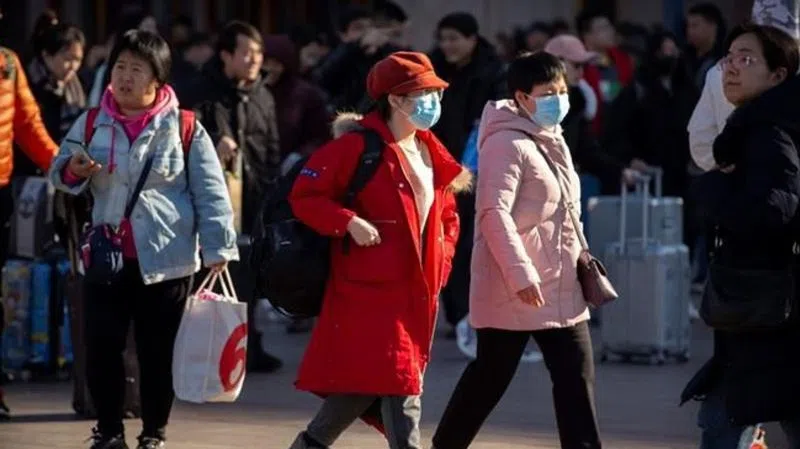
Human-to-human transmission confirmed in China coronavirus
BEIJING — The head of a Chinese government expert team said Monday that human-to-human transmission has been confirmed in an outbreak of a new coronavirus, a development that raises the possibility that it could spread more quickly and widely.
Team leader Zhong Nanshan, a respiratory expert, said two people in Guangdong province in southern China caught the virus from family members, state media said. Some medical workers have also tested positive for the virus, the English-language China Daily newspaper reported.
The late-night announcement capped a day in which authorities announced a sharp uptick in the number of confirmed cases to more than 200, and China’s leader called on the government to take every possible step to combat the outbreak.
“The recent outbreak of novel coronavirus pneumonia in Wuhan and other places must be taken seriously,” President Xi Jinping said in his first public statement on the crisis. “Party committees, governments and relevant departments at all levels should put people’s lives and health first.”


